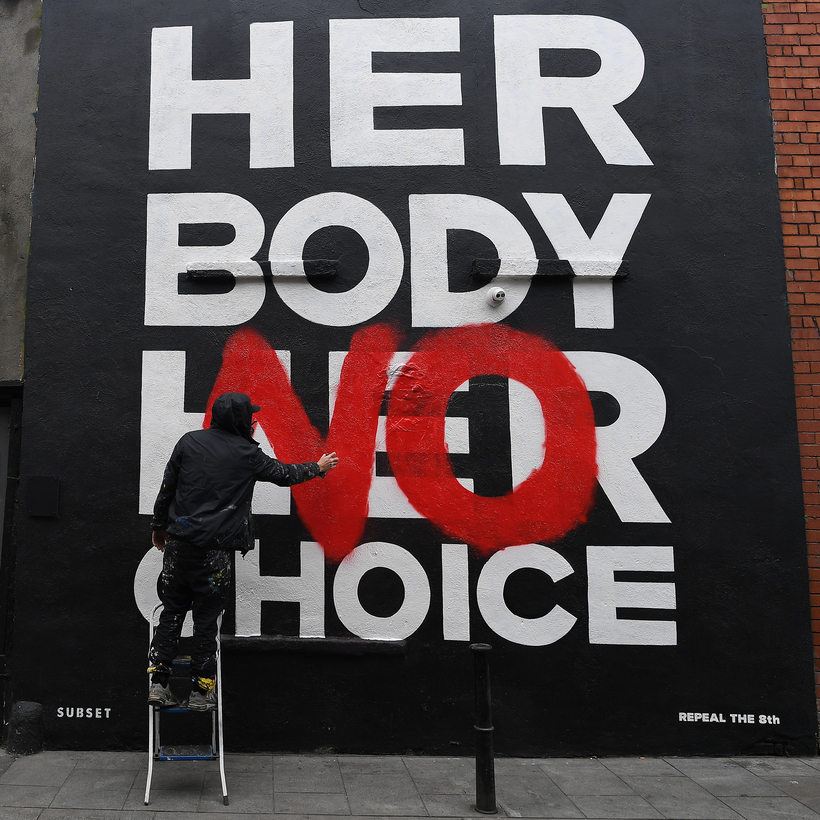It wasn’t initially clear how Marcus Silva, a Texas man, even knew about his ex-wife’s abortion. Last month, just weeks after the divorce his wife had filed for was finalized, Silva filed a “wrongful death” lawsuit against three of her closest friends, seeking $1m from each. He claims that the women helped his wife obtain abortion medication in July 2022 – two months after she had filed for divorce from him, and just a few weeks after the Dobbs decision overturned Roe v Wade and states like Texas outlawed abortion. And Silva had text messages to prove it.
His legal complaint included photos of what Silva claimed was a group chat between his then wife and the three women he is now suing. In it, the women can be seen working together to help their friend end her pregnancy and extricate herself from Silva. In the group chat, the women delegate tasks, each taking on the responsibility to look for abortion providers or financial assistance. They also speak of the need to keep both the pregnancy and the abortion from Silva, speculating that his wife will be made to suffer more if he finds out. “Delete all conversations from today,” one woman tells Silva’s then wife. “You don’t want him looking through it.”

